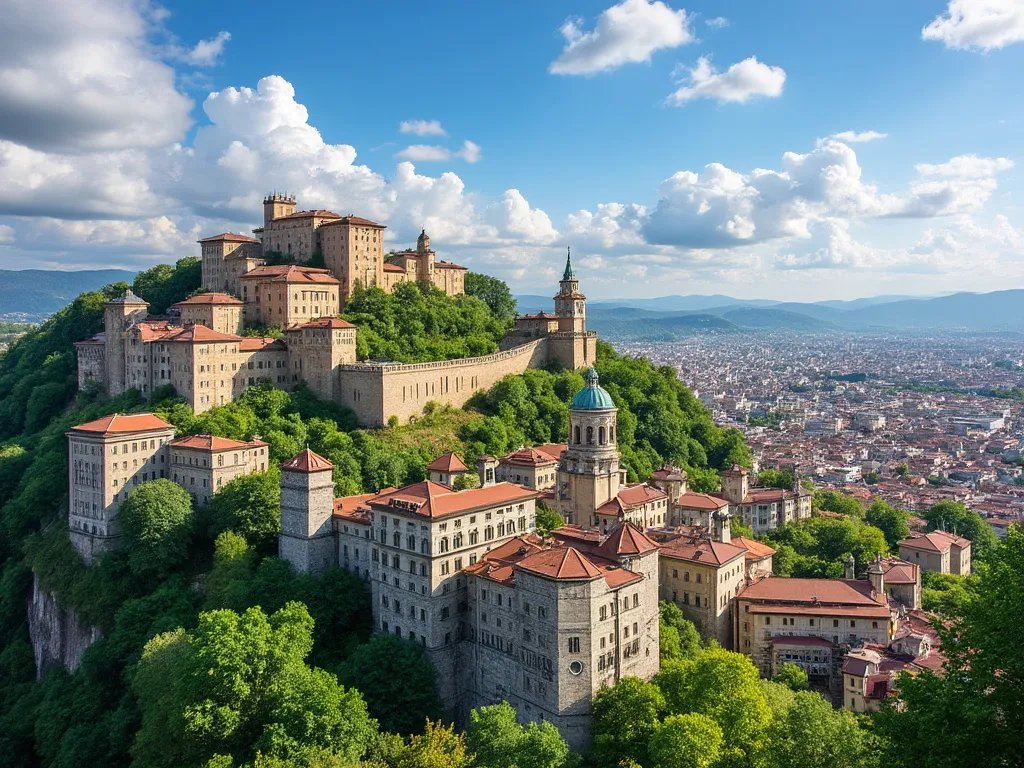
Tbilisi, the capital city of Georgia, is a city with a rich history dating back over 1,500 years. Strategically located at the crossroads of Europe and Asia, Tbilisi has been an important center of trade and cultural exchange for centuries.
Tbilisi information
| Country | 🇬🇪 Georgia |
| Population | 1,108,700 (2020 estimate) |
| Coordinates | 41.7151° N, 44.8271° E |
| Area | 726 km² (280.3 sq mi) |
| Climate | Humid subtropical climate (Köppen climate classification: Cfa) |
| Language | Georgian (official), Russian, English |
| Currency | Georgian lari (GEL) |
| Time zone | Georgia Standard Time (UTC+4) |
| Proximity to other major cities | Batumi (366 km/227 mi), Yerevan (294 km/183 mi), Baku (563 km/350 mi) |
Interesting facts about Tbilisi
- Tbilisi is home to one of the oldest known human settlements in the world, with archaeological findings dating back to the 4th millennium BC.
- The city has a unique blend of European and Asian architectural styles, with many buildings featuring a mix of Georgian, Russian, and Turkish influences.
- Tbilisi is known for its thermal springs, which have been used for therapeutic purposes for centuries.
Tourist attractions in Tbilisi
- Narikala Fortress: a 4th-century fortress that offers stunning views of the city.
- Old Town: a historic neighborhood with narrow streets and traditional Georgian architecture.
- Sioni Cathedral: a beautiful 7th-century cathedral that features stunning stained-glass windows.
- Anchiskhati Basilica: a 6th-century basilica that is one of the oldest churches in Georgia.
Historical background of Tbilisi
Tbilisi was founded in the 5th century AD by King Vakhtang I of Iberia, who made it the capital of the Kingdom of Iberia. The city has been under the rule of various empires and dynasties throughout its history, including the Roman Empire, the Arab Caliphate, the Mongol Empire, and the Russian Empire.
Geographical location of Tbilisi
Tbilisi is situated in the southeastern part of Georgia, in the valley of the Kura River. The city is surrounded by mountains on three sides, with the Caucasus Mountains to the north and the Trialeti Range to the south.
Cultural significance of Tbilisi
Tbilisi is a city with a rich cultural heritage, reflected in its architecture, art, and cuisine. The city is home to numerous historical landmarks, including the Narikala Fortress, the Sioni Cathedral, and the Anchiskhati Basilica.
Economic importance of Tbilisi
Tbilisi is the economic and financial center of Georgia, with a diverse economy that includes industries such as manufacturing, services, and tourism. The city is also a major transportation hub, with two international airports and a railway station.
Conclusion on Tbilisi
Tbilisi is a city that seamlessly blends tradition and modernity, offering visitors a unique cultural and historical experience. From its stunning architecture to its vibrant cultural scene, Tbilisi is a city that is sure to leave a lasting impression on all who visit.
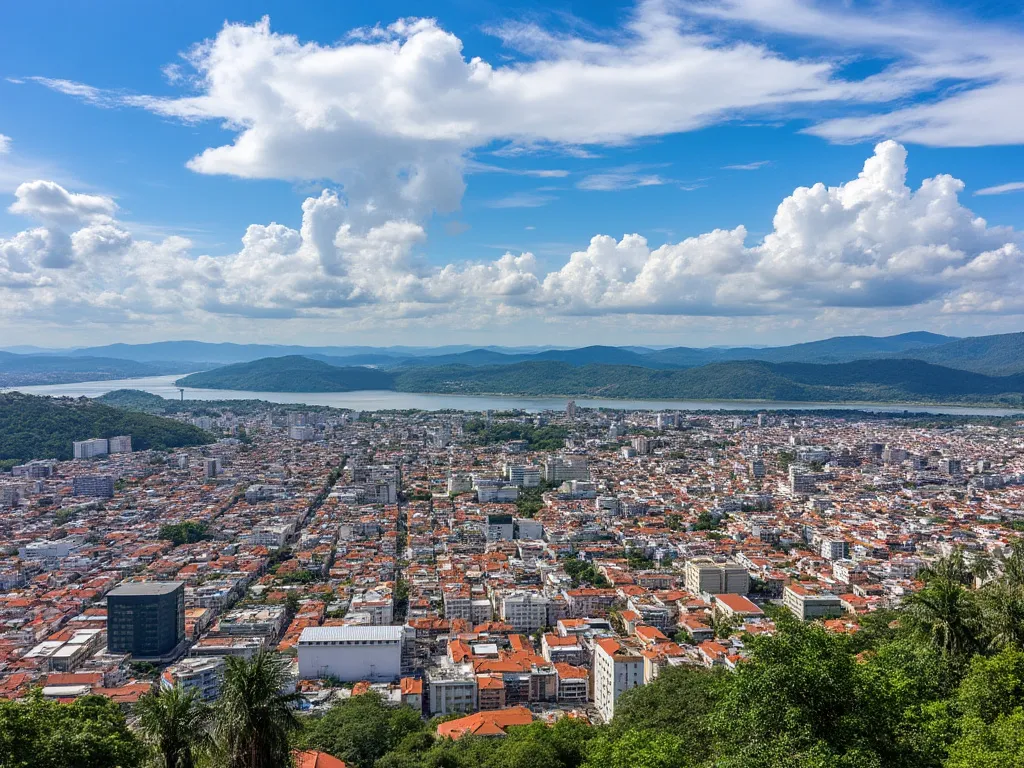 Tegucigalpa
Tegucigalpa
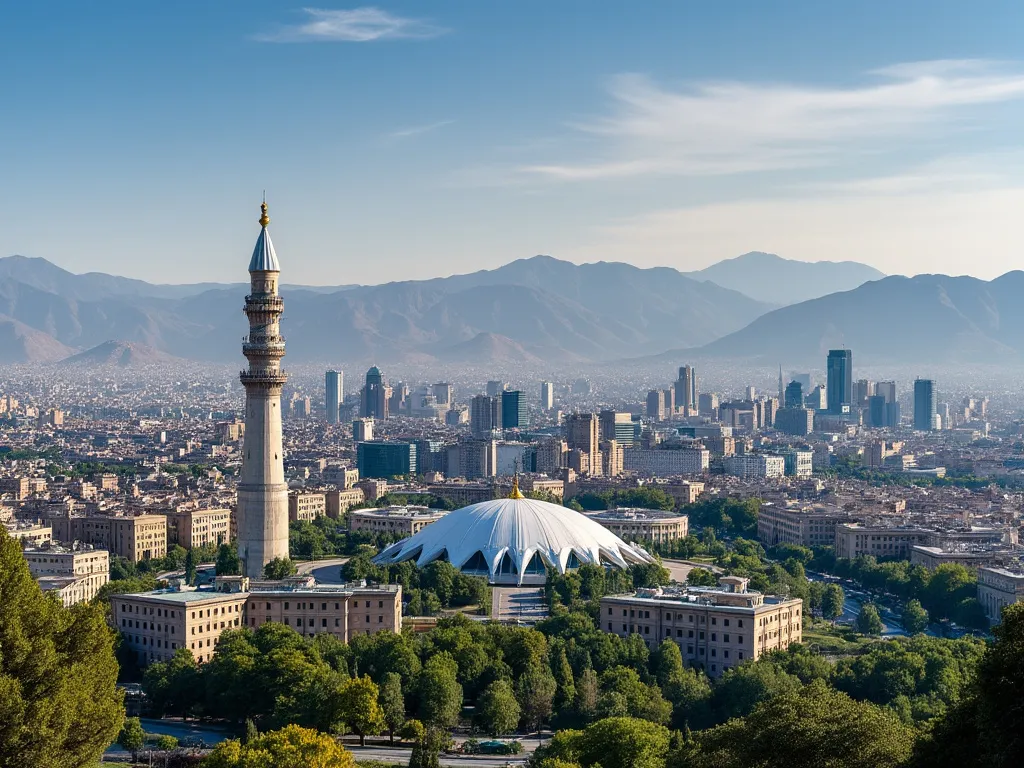 Tehran
Tehran
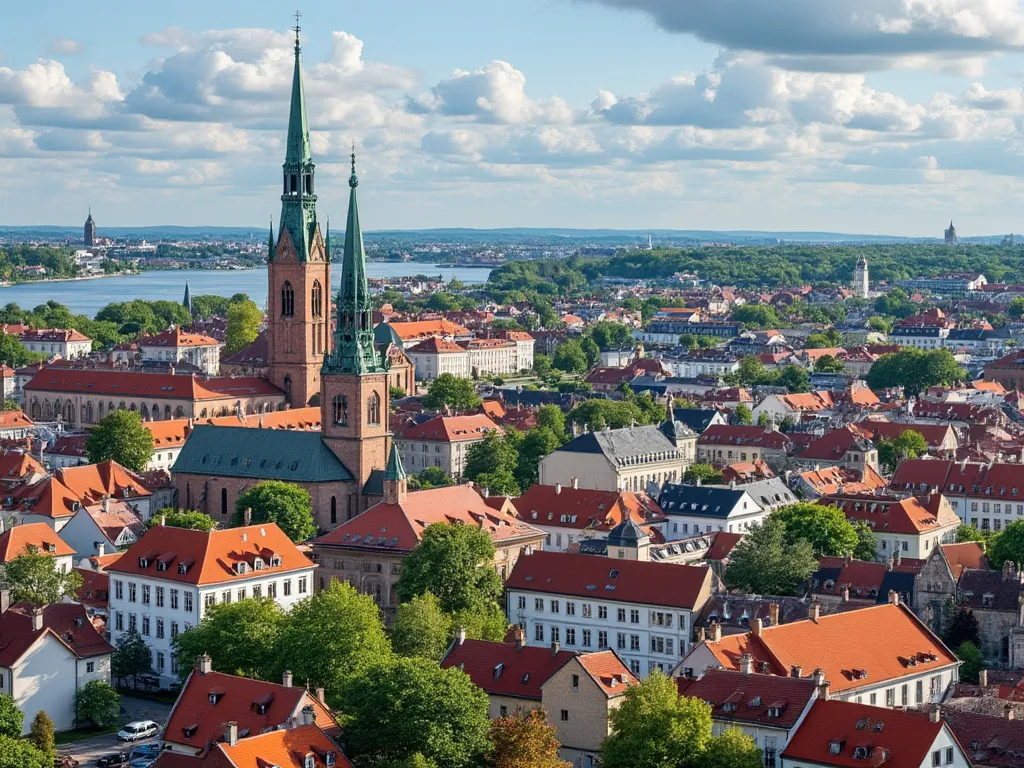 Tallinn
Tallinn
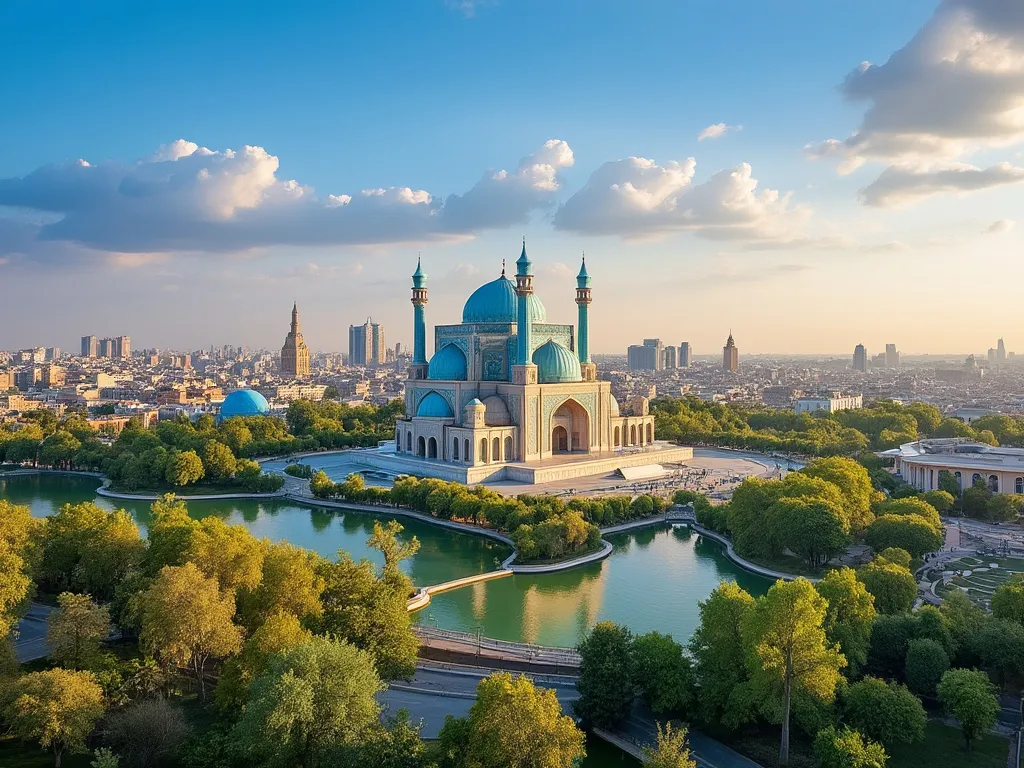 Tashkent
Tashkent